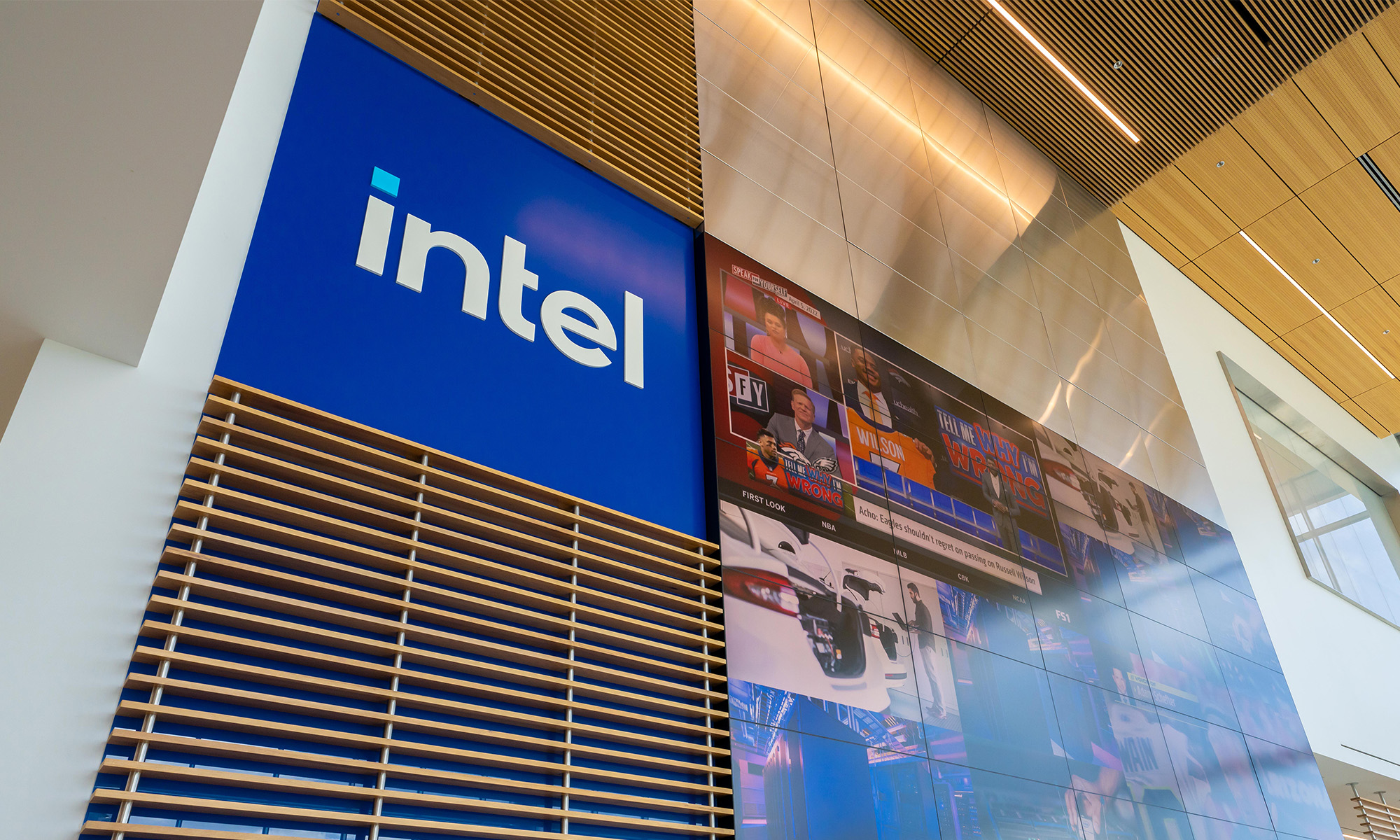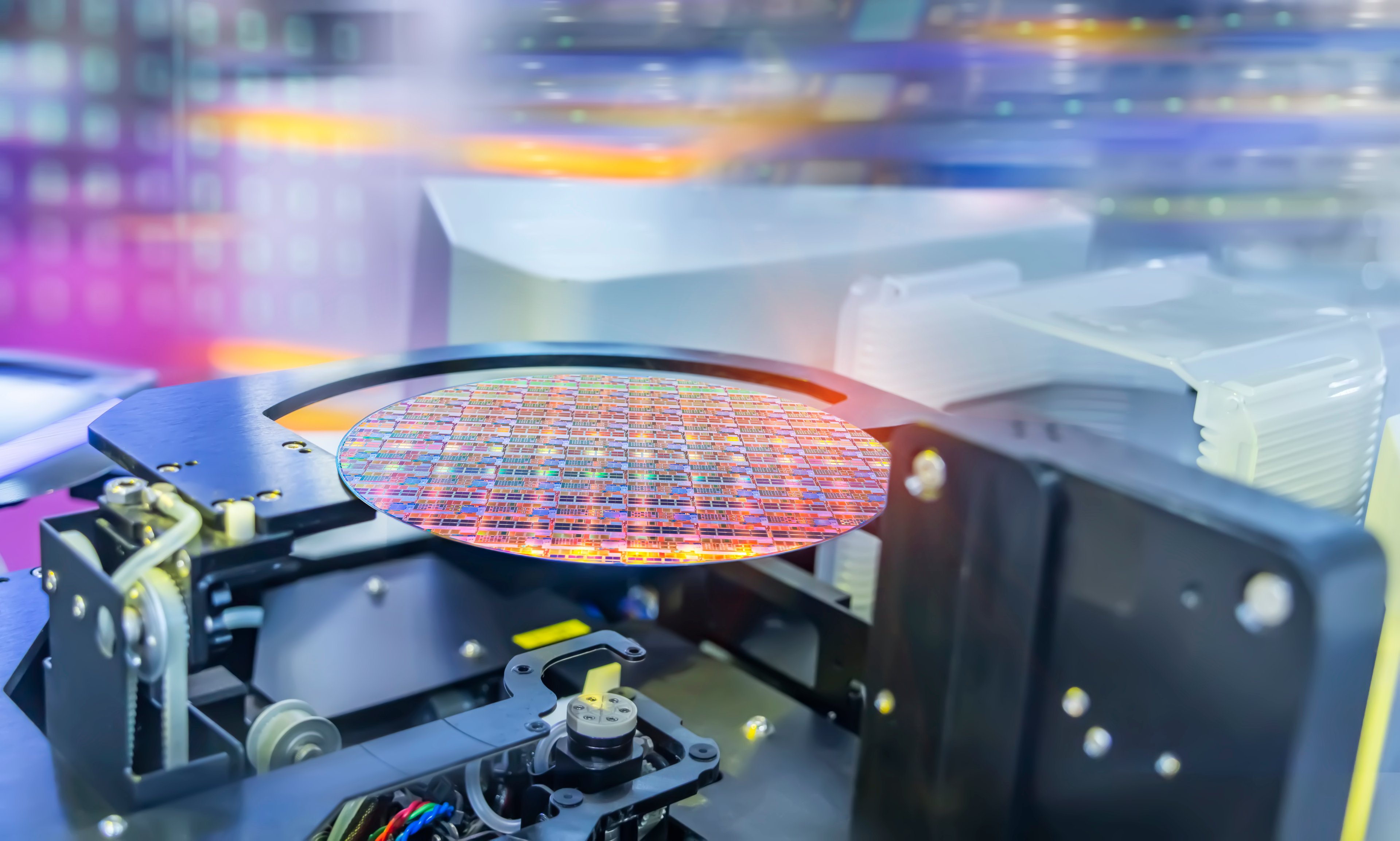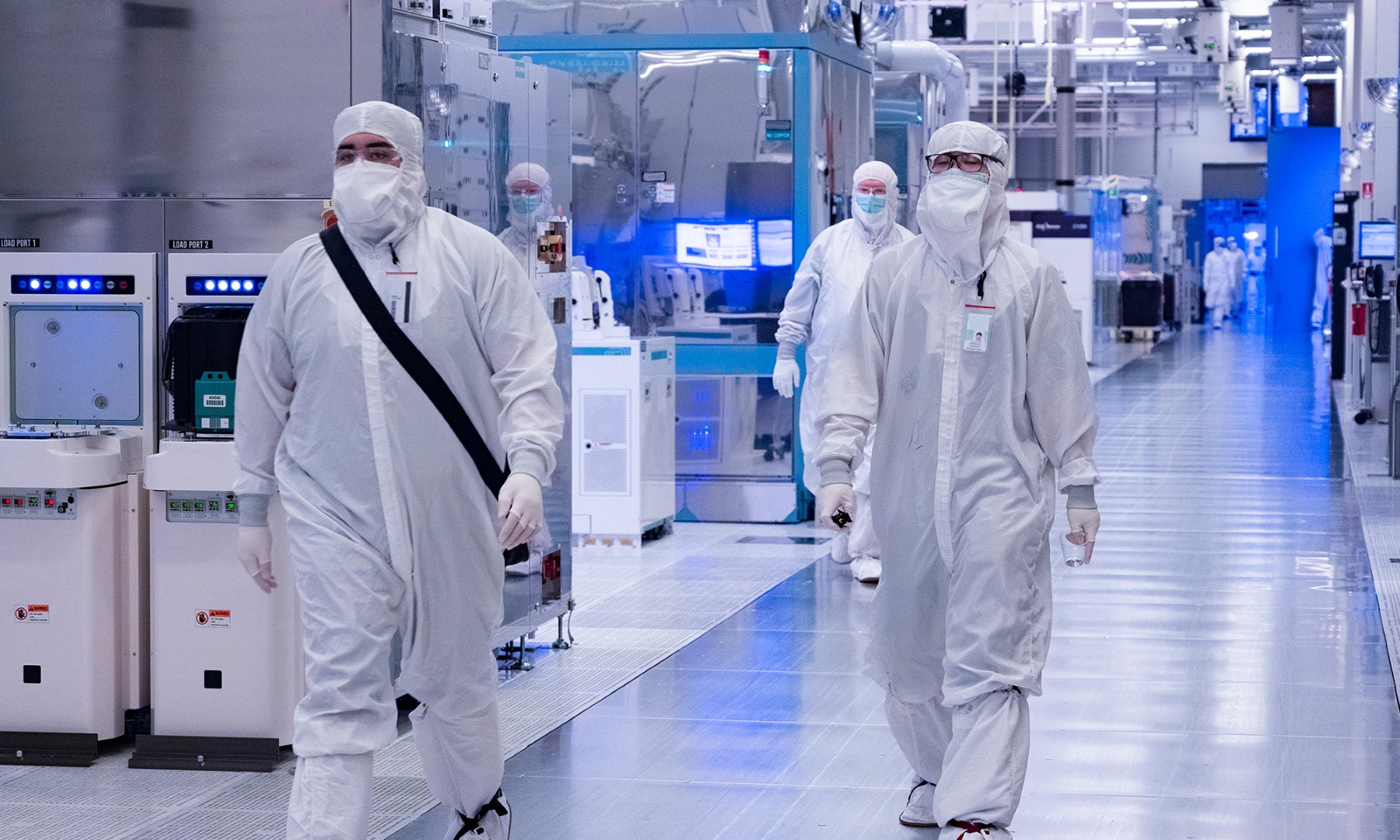Following the gloomy estimates out of market researcher IDC on the sad state of the PC market in the first quarter, Intel (INTC 4.50%) shares dropped by as much as 3%, since the bulk of Chipzilla's business is still tied directly to the PC market.
Bulls will point to the company's upcoming line of chips based on its Haswell architecture as a possible catalyst to reinvigorate growth. Intel's latest and greatest silicon is expected to offer modest CPU performance gains of 5% to 15% (assuming same clock speed as the previous-generation Ivy Bridge) and more impressive integrated GPU performance improvements of 30% to 50%, all while improving power efficiency and battery life. CEO Paul Otellini recently said that Haswell would offer "the single largest generation-to-generation battery life improvement" in the company's history.
The problem? None of that matters.
Of course performance increases every year. That's a given. There's no doubt that Intel continues to create the most powerful consumer microprocessors known to man. When it comes to manufacturing prowess, the company remains unrivaled. But those aren't the types of things that will sway the average consumer in the market for a computing device, who is increasingly switching to smartphones and tablets.
In some ways, Intel is facing performance oversupply. Most of that raw power likely isn't being tapped by casual users anyway, so consumers are turning their attention to lower-cost mobile devices where Intel still has no traction. Intel's fate remains inextricably linked to Microsoft's (MSFT 0.83%), and Windows 8 is absolutely bombing with the average user. Having a cutting-edge processor does no good if a consumer hates the interface.
J.P. Morgan analyst Mark Moskowitz concurs. He believes that though Haswell may spur some demand within the Ultrabooks, it won't be enough to offset the broader declines that the PC industry is facing. Of particular concern were shipments in the Asia-Pacific region. Units fell 13% there, which is the first double-digit decline posted in that geography. Moskowitz also thinks that OEMs will start looking for price breaks amid soft demand.
Haswell is more of a threat to NVIDIA (NVDA 0.72%) than anything else, primarily at the low end of the discrete GPU market. NVIDIA has held up admirably to the threat of integrated graphics, and its high-end discrete GPUs will always blow integrated solutions out of the water.
Last year, NVIDIA investor relations exec Rob Csongor emphasized to me that investors should focus more on the difference between integrated performance and discrete performance, since that difference is where NVIDIA conveys its value proposition to gamers and enthusiasts. With Haswell, that difference will get smaller.
Despite Intel's attempts to crack mobile, it still has little to nothing to show for it. Within the PC market that Intel still leans on (63% of revenue last quarter), Intel is helpless.









